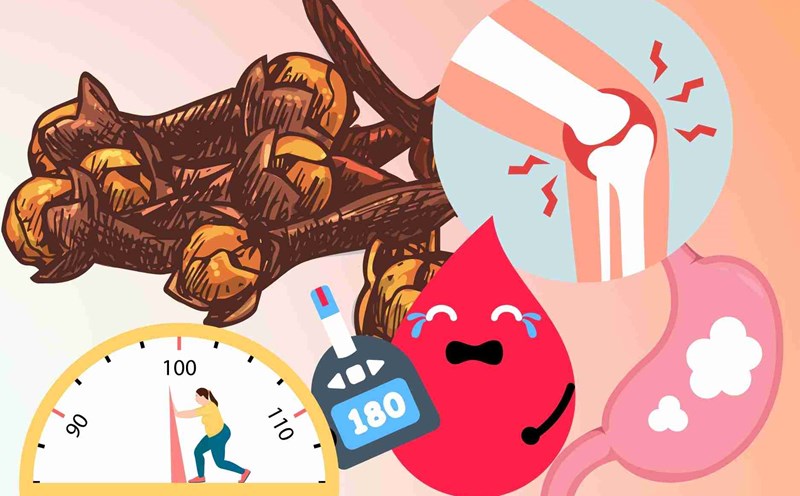Breakfast
Skipping meals is a habit that is not beneficial for the digestive system, especially when it leads to overeating at later meals. This can easily cause bloating and flatulence. In fact, not only choosing foods for meals, but the way you eat also plays an important role in maintaining gut health.
Eating hastily, especially in the morning, increases the feeling of fullness and indigestion. Eating slowly, chewing thoroughly and focusing on meals not only helps control food intake but also helps reduce bloating and improve digestive function.
Avoid biological foods
Avoid foods that can increase intestinal gas production, especially in the morning, helping to reduce bloating. Foods and drinks that cause bloating include cruciferous vegetables, gas-based juices, processed foods containing fructose, etc.
Drink water
Drinking water helps stimulate bowel movements, avoiding bloating and flatulence throughout the day. You should drink 1 - 2 cups of water after waking up. In addition, you can add fruits or vegetables to your breakfast to supplement water.
Practice deep breathing
Taking a few minutes of deep breathing can also help prevent bloating by calmting the nervous system. Taking a deep breath helps train the abdominal and diaphragmatic muscles to work together. This is an effective method to relieve stress and anxiety, improve symptoms of constipation and bloating.
Combined with gentle movement
Walking 10 - 15 minutes after eating can significantly improve bloating and abdominal discomfort. Walking promotes muscle contraction in the stomach and intestines, reducing bloating. In addition to walking, you can do other gentle exercises such as yoga.











